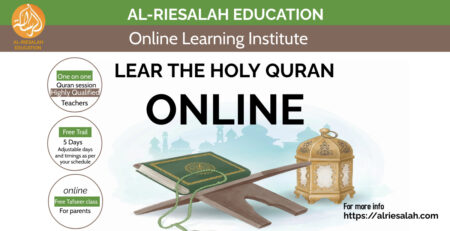The Islamic Golden Age: Illuminating Contributions to Science
Introduction to the Islamic Golden Age
The Islamic Golden Age, spanning from the 8th to the 14th century, stands as a testament to the remarkable achievements of Muslim scholars in various fields of knowledge. This era, characterized by advancements in science, medicine, philosophy, and literature, played a pivotal role in shaping the course of human civilization.
The House of Wisdom: A Center of Learning
At the heart of this flourishing era was the House of Wisdom, established in Baghdad during the Abbasid Caliphate. Serving as a renowned center of learning, it fostered an environment conducive to intellectual exchange and innovation. Scholars from diverse backgrounds congregated here to translate and preserve ancient texts while also producing original works that laid the foundation for future scientific endeavors.
Contributions of Muslim Scientists
Muslim scientists made significant strides across multiple disciplines, leaving an indelible mark on the annals of scientific history. Their contributions ranged from advancements in astronomy and mathematics to groundbreaking discoveries in medicine, optics, chemistry, and geography.
Famous Muslim Scientists and Their Achievements
Among the luminaries of the Islamic Golden Age were notable figures such as Al-Kindi, hailed as the “Philosopher of the Arabs,” whose works encompassed philosophy, mathematics, and medicine. Ibn Sina, commonly known as Avicenna, revolutionized the field of medicine with his seminal work, “The Canon of Medicine,” which remained a standard medical textbook in Europe for centuries.
Al-Biruni, an polymath, made significant contributions to the fields of mathematics, astronomy, and geography, while Ibn al-Haytham, also known as Alhazen, made pioneering advancements in optics, laying the groundwork for modern optics and the scientific method.
Impact on Modern Science
The legacy of the Islamic Golden Age extends far beyond its temporal confines, influencing the trajectory of modern science and knowledge. Muslim scholars played a crucial role in preserving and transmitting ancient Greek and Roman texts, which later sparked the Renaissance in Europe.
Challenges and Decline
Despite its remarkable achievements, the Islamic Golden Age faced numerous challenges, including political instability and conflicts, which eventually led to its decline. However, its legacy persevered amidst the tumultuous shifts of history.
Revival of Interest and Recognition
In recent years, there has been a growing recognition of the contributions made by Muslim scientists during the Islamic Golden Age. Efforts to revive interest in Islamic scholarship and reclaim the narrative of scientific innovation have gained momentum, underscoring the enduring relevance of this extraordinary era.
Conclusion
The Islamic Golden Age stands as a beacon of intellectual enlightenment and innovation, where Muslim scholars made profound contributions to the advancement of human knowledge. By acknowledging and celebrating their achievements, we not only honor their legacy but also reaffirm the importance of embracing diversity in the pursuit of scientific progress.
Unique FAQs
- Q: What factors contributed to the decline of the Islamic Golden Age? A: The decline was influenced by various factors, including political instability, external invasions, and a shift in intellectual priorities.
- Q: How did the House of Wisdom contribute to the advancement of science? A: The House of Wisdom served as a hub for translation, preservation, and production of scholarly works, facilitating the exchange of ideas among scholars from diverse cultural backgrounds.
- Q: What role did Muslim scientists play in preserving ancient knowledge? A: Muslim scientists played a crucial role in translating and preserving ancient Greek, Roman, and Persian texts, which later served as the foundation for scientific developments in Europe.
- Q: How did the achievements of Muslim scientists during the Islamic Golden Age influence modern science? A: The contributions of Muslim scientists laid the groundwork for modern scientific disciplines and methodologies, shaping the course of scientific inquiry for centuries to come.
- Q: What efforts are being made to revive interest in Islamic scholarship today? A: Various initiatives, including academic programs, research centers, and publications, are aimed at revitalizing interest in Islamic scholarship and reclaiming the narrative of scientific innovation.










Leave a Reply